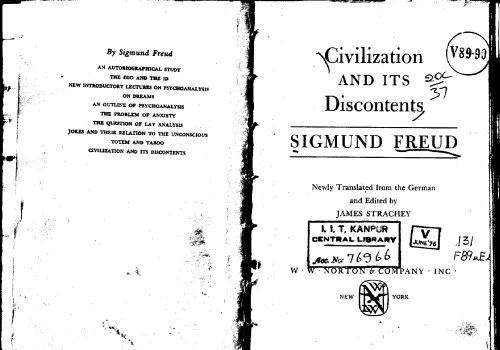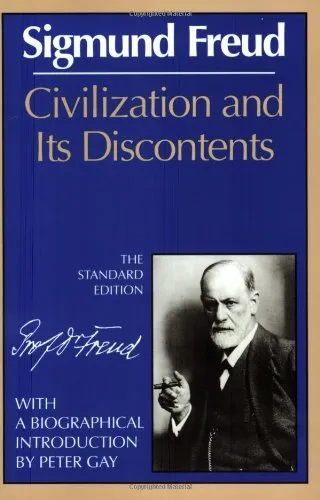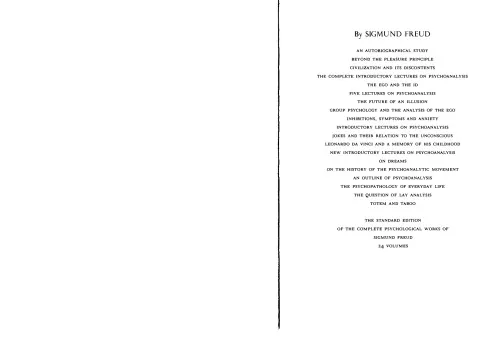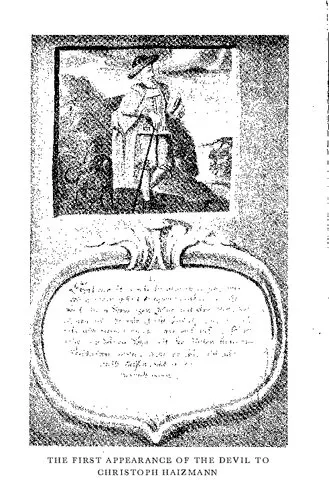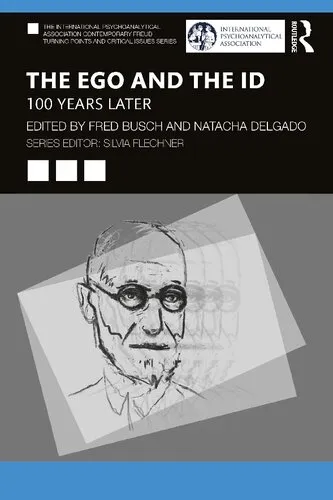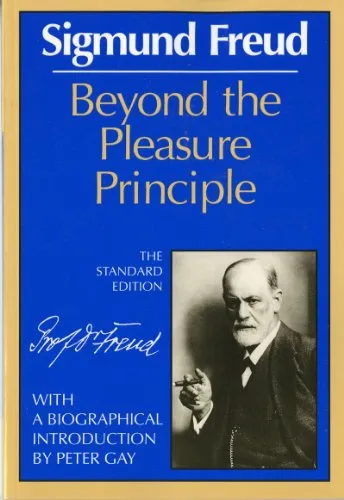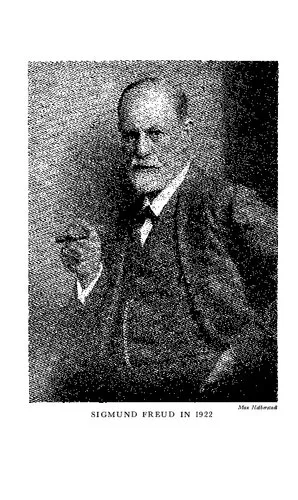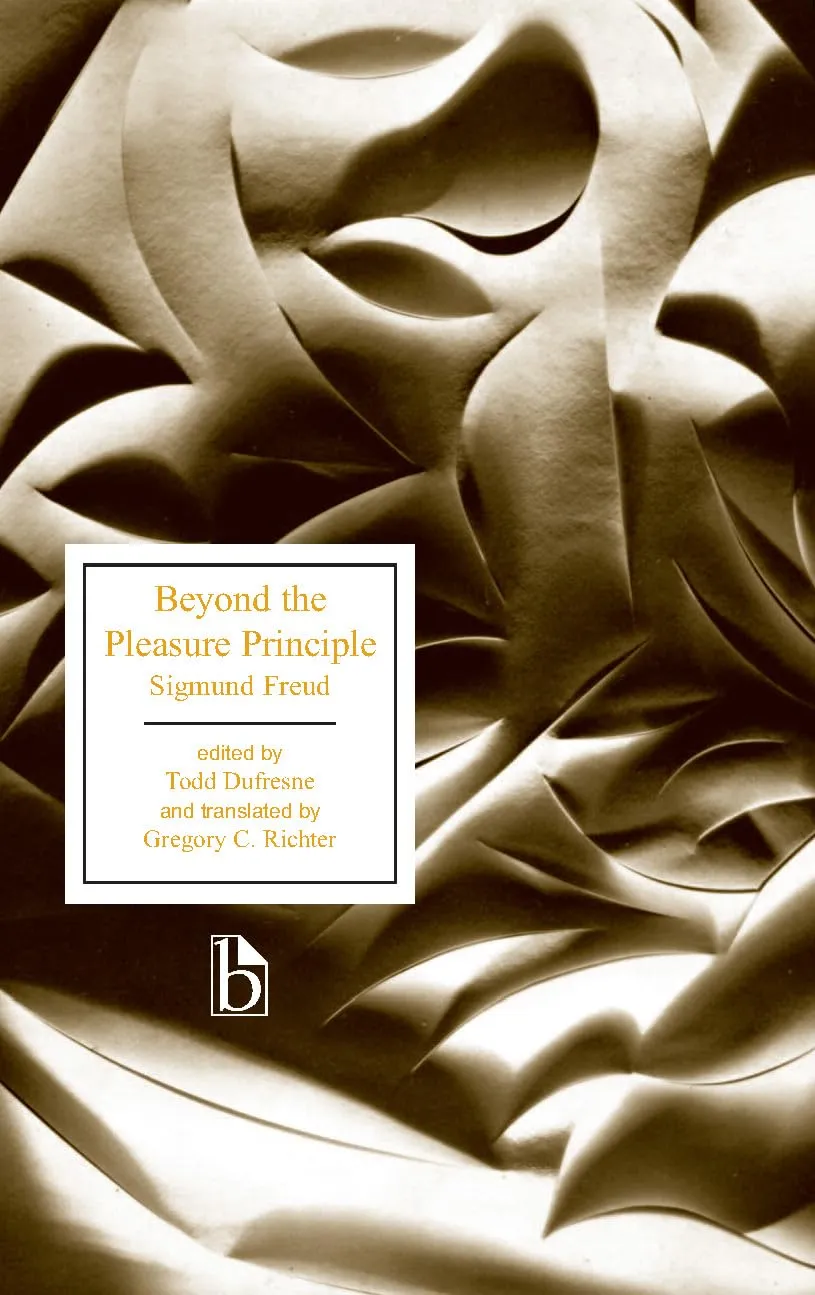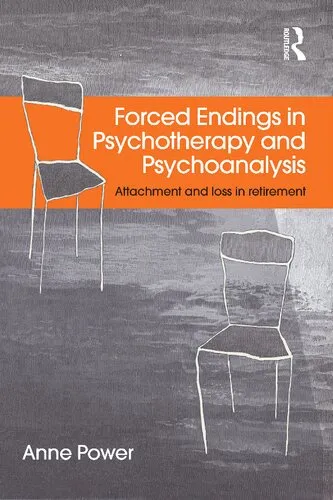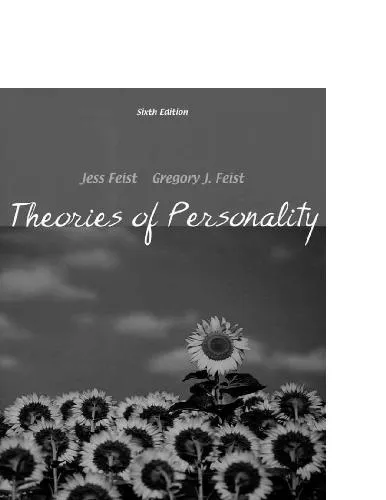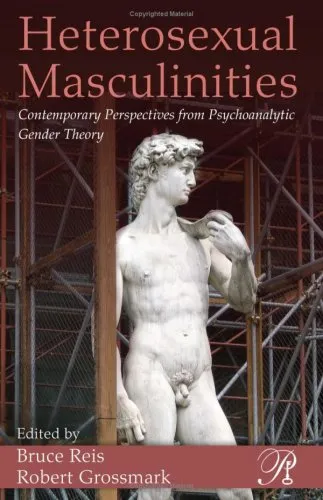Civilization and Its Discontents
4.6
بر اساس نظر کاربران

شما میتونید سوالاتتون در باره کتاب رو از هوش مصنوعیش بعد از ورود بپرسید
هر دانلود یا پرسش از هوش مصنوعی 2 امتیاز لازم دارد، برای بدست آوردن امتیاز رایگان، به صفحه ی راهنمای امتیازات سر بزنید و یک سری کار ارزشمند انجام بدینکتاب های مرتبط:
معرفی کتاب 'Civilization and Its Discontents'
کتاب 'Civilization and Its Discontents' نوشته زیگموند فروید یکی از آثار مهم و تأثیرگذار در حوزهٔ روانشناسی و فلسفه است که در آن فروید به بررسی جنبههای مختلف تمدن و نارضایتیهایی که از زندگی مدرن ناشی میشود، پرداخته است. این کتاب، که برای نخستین بار در سال ۱۹۳۰ منتشر شد، بهطور عمیق به تناقضاتی میپردازد که میان نیازهای روانی انسان و الزامات تمدن مدرن وجود دارد.
خلاصهای جامع از کتاب
در 'Civilization and Its Discontents'، فروید تلاش کرده است تا توضیح دهد چگونه تمدن با وجود تمام پیشرفتهایش، میتواند منبعی از نارضایتی و اضطراب برای انسانها باشد. او بیان میکند که انسانها برای دستیابی به نظم و امنیت در جوامع پیچیده، به تمدن نیاز دارند، اما این نیاز به قیمت سرکوب غرایز ابتدایی و خلاقیتهای فردی تمام میشود. به این ترتیب، تمدن برای فروید نمادی از تعارض میان آزادیهای فردی و اصول اخلاقی مشترک است. علاوه بر این، او به طور خاص به مفهوم گناه و احساس گناه میپردازد و آن را یکی از نتایج ناگزیر زندگی در تمدن میداند.
نکات کلیدی
- فروید بر این باور است که تمدن ابزار سرکوبی است که آزادیهای فردی را با محدودیتهای اجتماعی مبادله میکند.
- استدلال میکند که احساسات گناه و ناامنی از الزامات زندگی اجتماعی ناشی میشوند.
- به موضوع غرایز جنسی و پرخاشگری انسانها و چگونگی سرکوب آنها توسط تمدن میپردازد.
- بحث میکند که مفهوم 'اصل لذت' و 'اصل واقعیت' در زندگی انسانها چگونه با هم در تعارض هستند.
جملات مشهور از کتاب
فروید در این کتاب جملات بسیاری دارد که به دلیل قدرت بیان و درک عمیق از روان انسان به یاد ماندهاند. برخی از این جملات شامل موارد زیر است:
"تمدن، متضمن مجموعه قوانین و مقرراتی است که آزادیهای طبیعی را محدود میکنند."
"هر اندازه که تلاش کنیم تا با تمدن همسو شویم، همواره نارضایتیهای بیشتری وجود خواهند داشت."
چرا این کتاب مهم است؟
'Civilization and Its Discontents' اهمیت زیادی دارد زیرا بر پایه بینشی عمیق از روانشناسی انسان بنا شده و تلاش دارد تا پیوندهای پیچیده میان تمدن و روان انسان را توضیح دهد. این کتاب به ما کمک میکند تا بفهمیم چرا پیشرفتهای مادی و تکنولوژیک به تنهایی برای ایجاد رضایت عمیق انسانی کافی نیستند و چگونه نارضایتیها و اضطرابها میتوانند علیرغم رفاه عمومی وجود داشته باشند. در نتیجه، این اثر به خوانندگان امکان میدهد تا با نگاهی جدید به تحلیل رفتارهای انسانی و واکنشهای فرهنگی بپردازند و به درکی عمیقتر از روابط پیچیده میان فرد و جامعه برسند.
Welcome to the intricacies of the human psyche and the monumental task of balancing individual desires with societal demands in Sigmund Freud's seminal work, "Civilization and Its Discontents." This book, published in 1930, delves deeply into the ongoing conflict between our quest for personal freedom and the constraints imposed by society in the pursuit of order and collective well-being. Freud, known as the father of psychoanalysis, provides a nuanced exploration of the driving forces of human behavior and the inevitable tensions that arise from our efforts to coexist.
Detailed Summary of the Book
In "Civilization and Its Discontents," Freud examines the fundamental tension between the individual's quest for freedom and society's need for order and conformity. Freud perceives civilization as a construct that imposes restrictions on individuals, curtailing their innate desires and instincts. He argues that this repression is necessary for the maintenance of social order, yet it results in a pervasive sense of frustration and discontent among individuals.
Freud explores the notion of the "oceanic feeling," a concept introduced by his friend Romain Rolland, representing a sensation of eternity and oneness with the universe. Although Freud does not personally subscribe to this feeling as a source of spirituality, he acknowledges its significance for those who experience it. He further elaborates on the role of religion as a societal construct that aims to provide solace from the restrictions imposed on individuals, yet often exacerbates the conflict between personal desires and societal expectations.
Throughout the book, Freud discusses the struggle between the pleasure principle and the reality principle, asserting that civilization demands individuals sacrifice personal happiness for the greater good. He suggests that human beings have an inherent aggressive instinct that civilization attempts to temper through cultural development and societal norms.
Key Takeaways
- Freud presents the idea that civilization is built upon the suppression of basic instincts, leading to a form of collective discontent.
- He highlights the intrinsic conflict between individual freedom and societal constraints, a theme that remains relevant in modern discussions of personal autonomy and cultural norms.
- Freud's exploration of the human psyche includes the recognition of aggressive instincts and mechanisms of defense that contribute to the complexity of interpersonal relationships.
- The text challenges readers to consider the psychological costs of societal advancements, questioning the ultimate balance between happiness and progress.
Famous Quotes from the Book
"The price we pay for our advance in civilization is a loss of happiness through the heightening of the sense of guilt."
"Most people do not really want freedom, because freedom involves responsibility, and most people are frightened of responsibility."
"One day, in retrospect, the years of struggle will strike you as the most beautiful."
Why This Book Matters
Freud's "Civilization and Its Discontents" remains a cornerstone in understanding the psychological underpinnings of modern civilization. Its exploration of the human condition in juxtaposition with cultural expectations offers profound insights into the enduring nature of societal discontent. As we continue to navigate the challenges of individual versus collective needs, Freud's work serves as a reminder of the inherent complexities in balancing personal desires with societal obligations.
This book has influenced not only the field of psychology but also philosophy, sociology, and cultural studies. It invites readers to critically evaluate the constructs of civilization and to ponder the costs associated with progress and societal harmony. Freud's analysis provides a framework for examining contemporary issues of freedom, responsibility, and the psychological toll of living in a highly organized society.
دانلود رایگان مستقیم
شما میتونید سوالاتتون در باره کتاب رو از هوش مصنوعیش بعد از ورود بپرسید
دسترسی به کتابها از طریق پلتفرمهای قانونی و کتابخانههای عمومی نه تنها از حقوق نویسندگان و ناشران حمایت میکند، بلکه به پایداری فرهنگ کتابخوانی نیز کمک میرساند. پیش از دانلود، لحظهای به بررسی این گزینهها فکر کنید.
این کتاب رو در پلتفرم های دیگه ببینید
WorldCat به شما کمک میکنه تا کتاب ها رو در کتابخانه های سراسر دنیا پیدا کنید
امتیازها، نظرات تخصصی و صحبت ها درباره کتاب را در Goodreads ببینید
کتابهای کمیاب یا دست دوم را در AbeBooks پیدا کنید و بخرید
1516
بازدید4.6
امتیاز0
نظر98%
رضایتنظرات:
4.6
بر اساس 0 نظر کاربران
Questions & Answers
Ask questions about this book or help others by answering
No questions yet. Be the first to ask!
